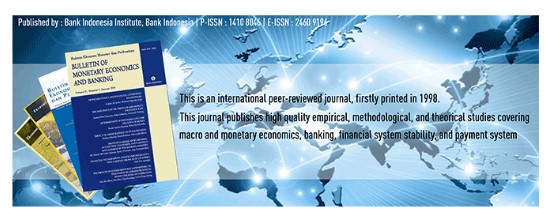In this study, we examine the impact of central bank independence on inflation in nondemocratic regimes, with a specific focus on the differences between Islamic and non-Islamic groups. It utilizes non-stationary heterogeneous panels to estimate both the long-run and short-run responses of inflation to central bank independence. Additionally, it employs a panel smooth transition regression model to identify any potential threshold effects in this relationship. Our findings reveal an inverse relationship between central bank independence and inflation rates for both groups in the long run. Our result suggests that non-Islamic authoritarian countries may struggle more than Islamic ones to maintain price stability through interest rate channels, which could explain their increasing adoption of a zero interest rate policy. Furthermore, we find evidence of threshold effects that, if overlooked, could result in biased conclusions.
RESEARCH CENTER

